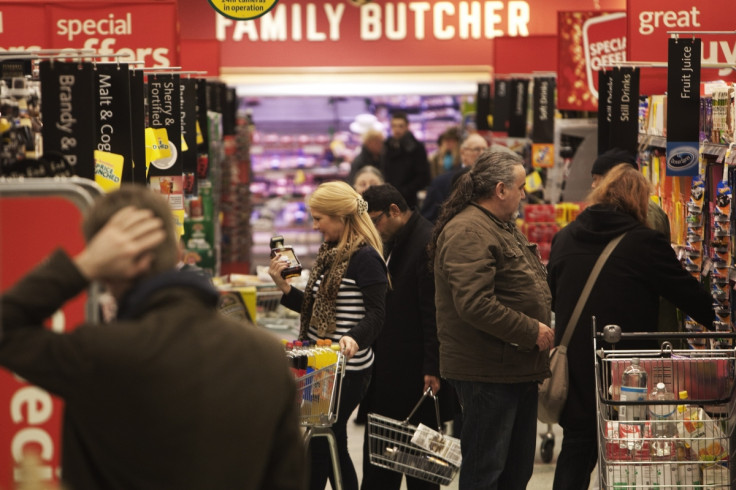Supermarket Price War Killing British Food Producers

A supermarket price war is claiming the scalps of an increasing number of British food producers.
Cost-cutting among the UK's largest retailers has led to 28% more insolvencies in the food production sector in the year to September than in the previous 12 months , a new report by accountancy firm Moore Stephens shows.
The figure is against the general trend of falling bankruptcies. Across all industries, insolvencies were down 8% over the same period. This, argues Duncan Swift, a partner at the firm, shows the negative role supermarkets are playing.
Those entering insolvencies include bakeries, pasta makers and ready meal producers. The largest was Pasta Reale, a Crawley-based filled pasta processor which entered insolvency in August, having lost two major supermarket contracts in a year. The move resulted in 170 job losses.
"The supermarkets are going through the bloodiest price war in nearly two decades and are using food producers as the cannon fodder. UK supermarkets are trying to compete on price with Aldi and Lidl but with profit margins that are far higher than these discount chains," Swift said.
"To try and make the maths work, the big supermarkets are putting food producers under so much pressure that we have seen a sharp increase in the number of producers failing," he added.
In January 2013, the UK government named Christine Tacon as the first supermarket ombudsman, with a view to resolving disputes between suppliers and supermarkets. Her role is to ensure that the 10 biggest supermarket groups do not "abuse their relations with suppliers" and has the power to fine companies, but not to interfere in the original price negotiations.
In October, Britain's largest supermarket chain Tesco called in auditors after an accounting scandal revealed a £263m shortfall in profits, related to the timing of payments to suppliers. The Business Secretary Vince Cable subsequently raised concerns over how Tesco treats its supplier base.
Meanwhile, it was announced on 18 November that grocery sales declined for the first time in 20 years, amid falling prices and commodity price fluctuations. The news increased pressure on suppliers further still.
Furthermore, it looks as though supermarket sales are to remain below average as we head into the festive season, traditionally the busiest in the calendar.
Clive Black, an analyst at ShoreCapital, told the Guardian: "The market looks to remain weak, compounded now by falling food prices and rising gross margin pressure ... the biggest challenges the discounters face, to our minds, will be overcrowded car parks and agitation in the shopping aisles rather than competitor attrition."
© Copyright IBTimes 2025. All rights reserved.






















